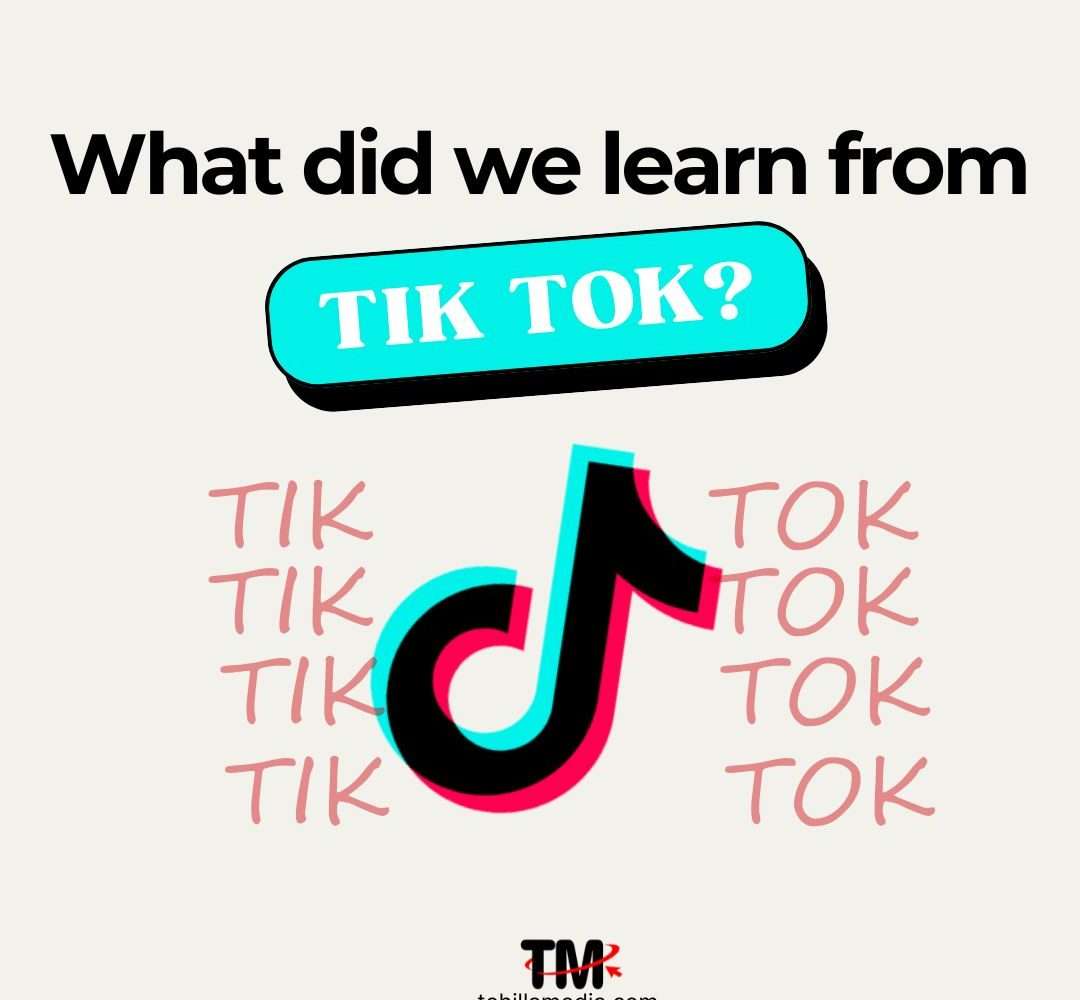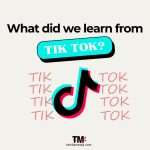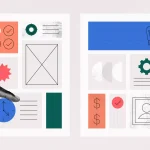Many persons confuse Website Maintenance and Content Management when speaking about updating their websites. While the two are very important in keeping a website up to date, their functions and applications are completely different.
What is Website Maintenance?
Website maintenance is a process that requires several tasks which help to optimize a website, keep it secure, and make it run like a well-oiled machine. A maintenance checklist generally includes tasks like deleting out-of-date plugins, fixing broken links, upgrading system software, and more.
What is Content Management?
Content management refers to the process of creating, collecting, editing, and delivering any form of information on any medium. Anything can be considered content: from images to video, audio, multimedia, and text. All content comes with a content lifecycle that needs to be managed: from creation to either storage or deletion.
Your website is like a vehicle, the engine requires regular maintenance to keep the vehicle moving and the interior requires management to utilize the space properly and keep it looking presentable. Unfortunately, some of us treat our websites as bad as we treat our vehicles, in that, we only pay attention to it’s needs when something seems to be broken.
The first and most important website maintenance task is to create a website security plan and execute it. Your website security should be your no. 1 priority, because even a hint of malware can make you lose customers, blacklist your site, or even lead to lost of your data. The consequences are just far too great to risk your site security.
Arguably the most important piece of maintenance on a WordPress website you’ll have to perform is upgrading your WordPress version. WordPress version upgrades are released regularly, approximately twice a month, and need to be installed as soon as possible. They usually contain patches, bug fixes, enhanced features, and other improvements. However, they also plug any newly discovered security holes, making them an indispensable part of your maintenance routine. WordPress installs minor updates on your site automatically, but you can turn the feature off. Any major updates require your authorization, but often admin drag their feet on updating WordPress versions because any major changes can result in incompatibility issues with existing themes and plugins, and potentially break the site.
Like any system, your WordPress website benefits from regular maintenance. Over the course of daily operations, WordPress sites suffer from issues like malware, data bloat, unused plugins and themes, spam, and broken links. As such, you should be performing WordPress maintenance tasks regularly, fixing all these small issues before they snowball into a series of consequences like:
- Hacked website
- Data loss
- Revenue loss
- Legal issues
- Loss of visitors
- Plummeting SEO
WordPress is also know as the industry’s leading CMS or Content Management System. With the use of custom code and plugins, your CMS can help your website grow in demand and popularity but your content also must compliment this growth to ensure your visitors have a good experience that will keep them coming back.
Digital content is usually managed through specifically developed content management software (CMS). CMS help individuals and organizations streamline workflow processes and collaboration throughout the content lifecycle. Every category of digital content has a corresponding tool for managing it. These categories of content generally include social media content, web content, mobile content, and enterprise content (also in the form of data).
People come to your website for well presented and relevant information. Depending your industry this can be event dates, product updates, instructional media or even your latest news and blogs.
Website developers usually offer various service level contracts that cater to either Website Maintenance or Content Management. Some website companies like Tehilla Media have both Developers and Content Creators which allow them to offer both services in discounted packages.
Unlike a call card or a brochure, your website is a dynamic living interface that should reflect the pulse of your brand to your existing and new customers. Keep your website looking great and moving great with regular maintenance and management.







